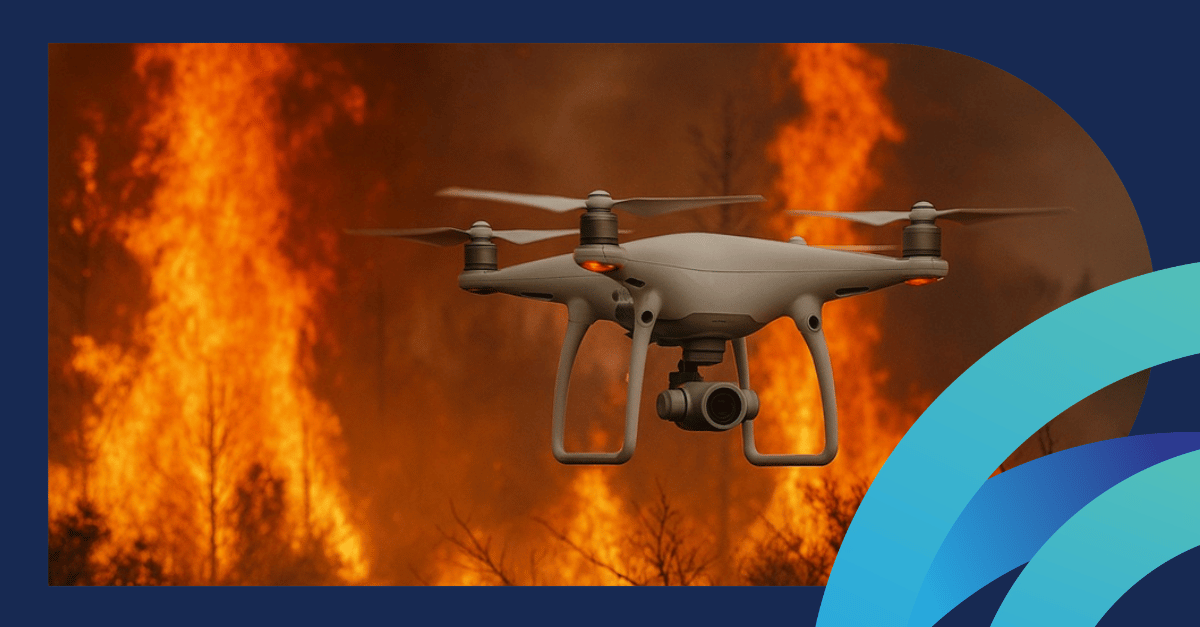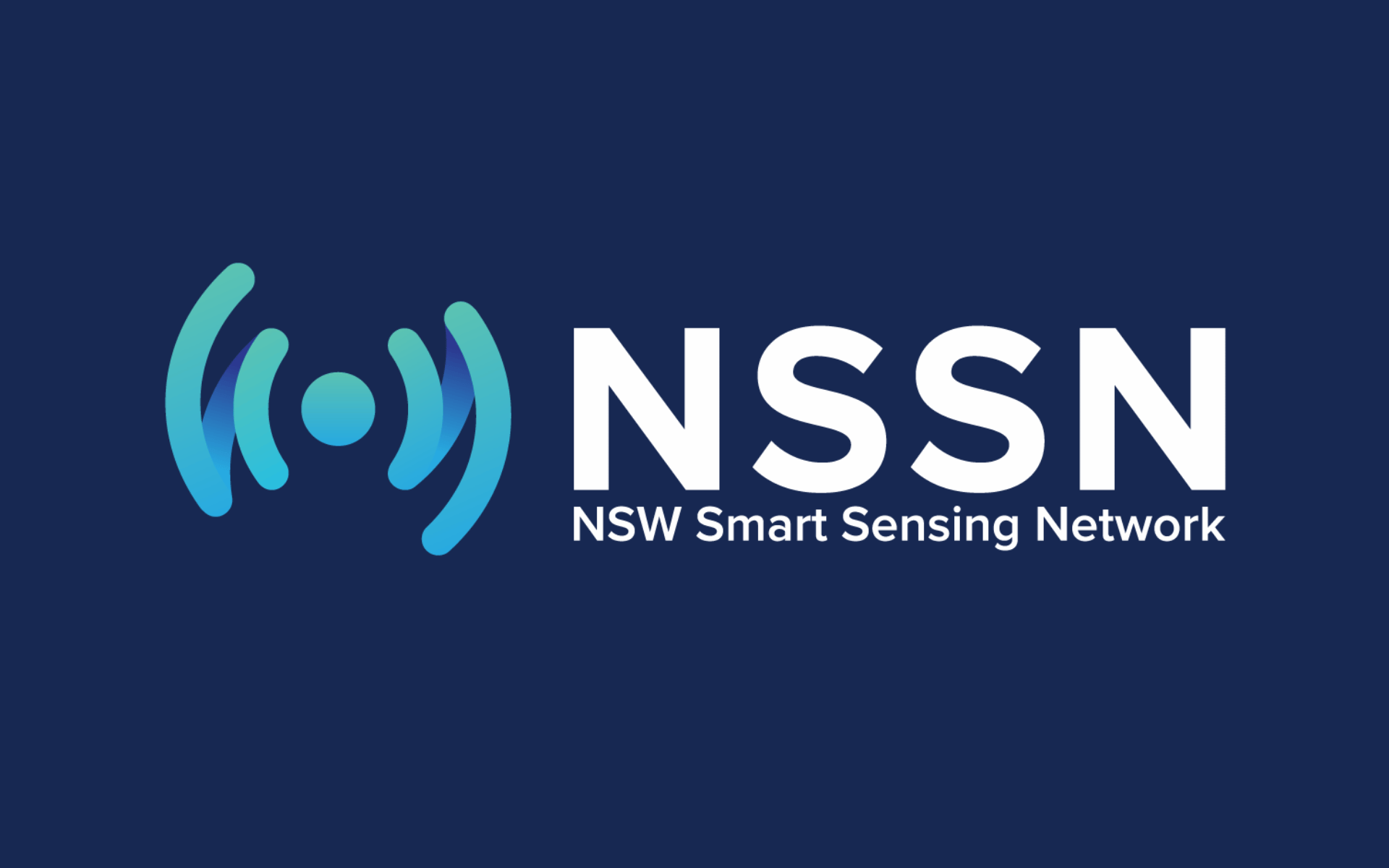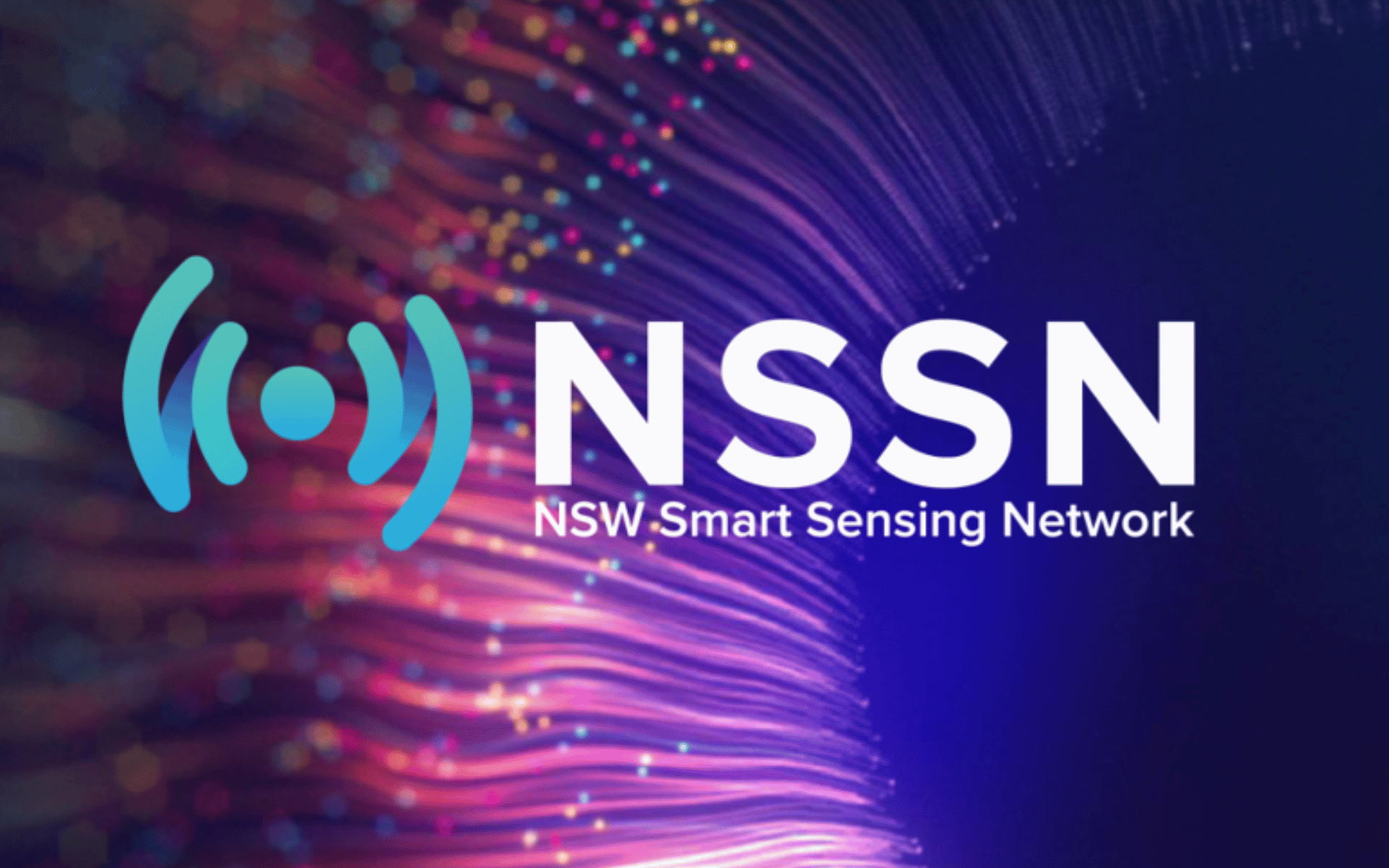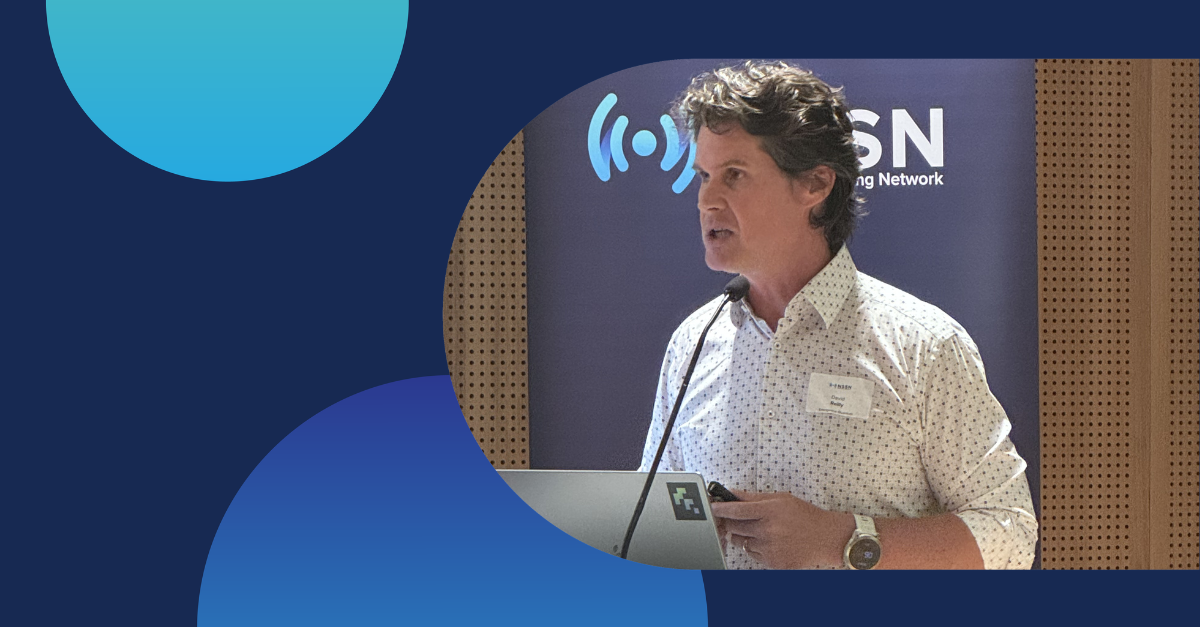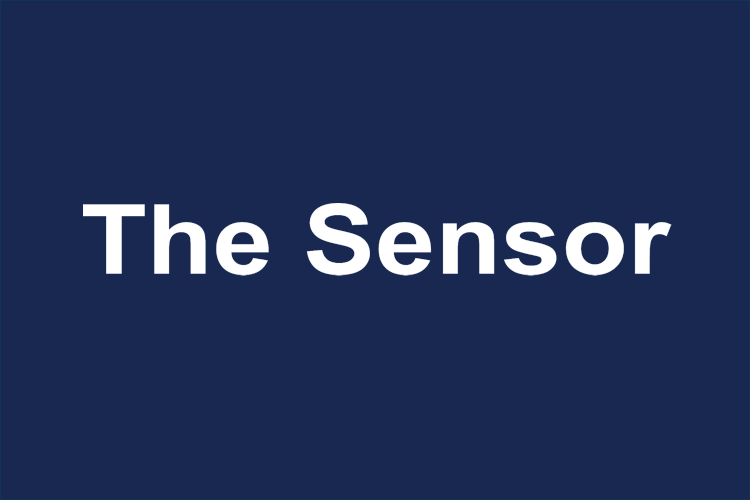News
Emergency Services Drone Innovation Day to showcase next-generation capabilities
New drone technologies that could transform disaster response will be showcased in Canberra on 10 March, bringing together researchers, industry and emergency services to explore next-generation capabilities.
Call for EOI to join the NSSN Board
The NSSN is seeking expressions of interest from suitably qualified individuals to join its Board.
Call for EOI for NSSN Board Chair
The NSSN is inviting expressions of interest from suitably qualified individuals for the role of Board Chair.
Australia can lead the next wave of advanced hardware, says Emergence Quantum CEO
Co-Founder and CEO of deep tech startup Emergence Quantum, Professor David Reilly, said Australia is well positioned to build the next generation of hardware beyond traditional silicon computing at last week’s NSSN Sensing Industry Connect at the University of Sydney.
Meet two researchers using smart sensing technologies to tackle climate challenges
On International Day of Women and Girls in Science, we celebrate two emerging researchers who are using smart sensing innovations to help solve climate and environmental challenges, from Antarctica to Australian farms.
The Sensor - February 2026
In this month’s newsletter, we spotlight smart sensing breakthroughs spanning organic semiconductor sensors, koala conservation and disaster resilience, alongside innovative UNSW research focused on human sensory experience.
A crowdsourced sensory map to help neurodivergent Sydneysiders navigate the city - and help planners fix it
A study by UNSW researcher Dr Fatemeh Aminpour shows how crowded, noisy and visually complex city spaces can make everyday journeys exhausting for neurodivergent people. She proposes a crowdsourced sensory map, combining sensors that measure noise, light and crowding with lived-experience data, to help cities identify problem areas and design more inclusive public spaces.
Project 'Airbear' tech could help predict best koala habitats from the sky
University of Sydney researchers led by Professor Mathew Crowther have used hyperspectral airborne imagery and machine learning to identify eucalyptus tree species and leaf nutrition favoured by koalas, enabling large-scale mapping of high-quality habitats. The approach could transform conservation.
Meet the Researcher: Dr Jessie Posar
Dr Jessie Posar is a Research Fellow in the School of Physics at the University of Wollongong, whose research advances next-generation organic semiconductor sensors, with applications across nuclear, bioelectronic and advanced materials sensing.
The project which is turning mobile signals into flood intelligence
VIDEO: Dr Kai Wu from the University of Technology Sydney is leading a project that turns everyday mobile signals into real-time rainfall intelligence. The project was developed through the Connectivity Innovation Network’s Sensing for Disasters program with the NSSN.
2024/25 Annual Report is live!
Discover our achievements, partnerships and impact over the past year.
Meet the Researcher: Dr Kai Wu
Dr Kai Wu is a Senior Lecturer at UTS and ARC Industry Fellow advancing joint communications and radio sensing (JCAS), developing wireless systems that can sense and interpret the environment to deliver real-time insights that strengthen safety, resilience and emergency response.

